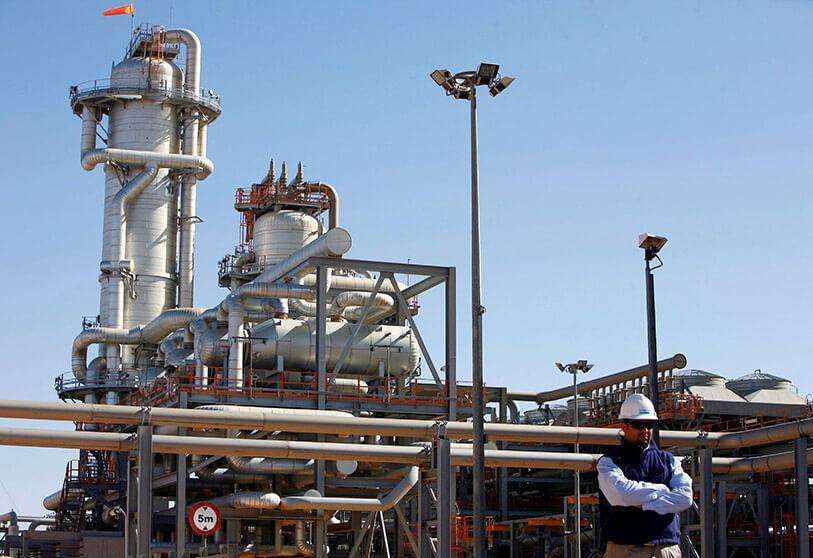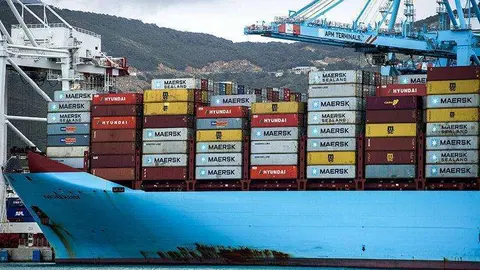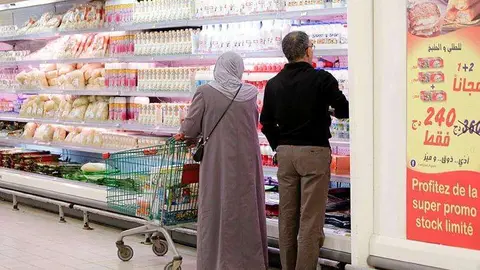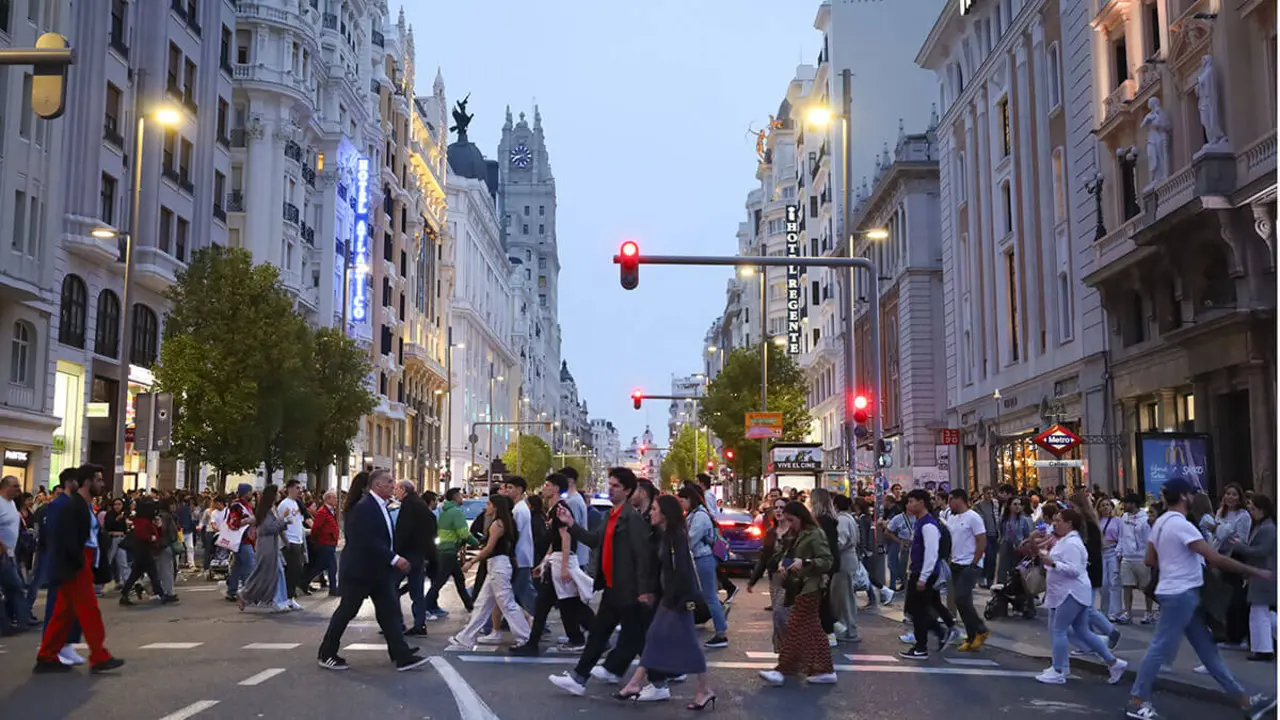Between rising prices and limited supply, Algeria is unable to contain the crisis

Algeria is currently experiencing a serious economic crisis that is causing major upheavals. Rising prices and the limited supply of certain categories of agricultural products are having a negative impact on the Algerian population. Since the beginning of the crisis, the Algerian government has tried to take administrative measures to resolve the crisis. However, these have proved ineffective in controlling prices and protecting consumers' purchasing power.
The Algerian market is experiencing a steady increase in the price of dried pulses in local markets, despite a seasonal decline in consumption, as well as a shortage of food products and retail outlets. Another product category that is difficult for Algerians to access is fruit. According to Algérie 360, local seasonal fruit has become unaffordable due to its high prices, which rival those of imported fruit.
In March 2023, food prices rose by 13.94 %, while from March 2022 to March 2023, the overall variation (for all products) was 10.16 %, while the inflation rate reached 9.79 %. Since the war in Ukraine, Algiers has also been suffering from a wheat crisis. On 28 February 2023, the Office Interprofessionnel des Cereaux (OAIC) launched an international call for pre-selection to expand its 'supplier file' for cereals and pulses.
According to the Algerian media 360, the collapse of the Algerian economy is the result of the lack of diversification of its economy - Algeria's rentier economy is almost entirely dependent on hydrocarbons, which account for around 90 % of national exports -, the collapse of foreign exchange reserves, the increase in public debt and the budget deficit.

Algerian President Abdelmadjid Tebboune has been trying to contain growing popular anger over deteriorating purchasing power, high prices and shortages of many consumer goods. According to Al Arab News, the Algerian head of state recently declared in a regular interview with local media that he would "take revenge on the pressure groups that conspire against Algerians' livelihoods, with the aim of creating a state of social instability and turning the streets against the authorities, and that he would oppose anyone who tries to manipulate prices".
The Algerian authorities have banned private importers from importing dried pulses, giving a monopoly to the government-owned National Society for Dried Cereals and Pulses. However, these initiatives have not prevented a sudden and unprecedented rise in prices.
A persistent crisis since the COVID-19 epidemic
Since 2020, Algeria has again been experiencing high prices and unjustified shortages, even in the economic and commercial climate that has prevailed worldwide in the wake of the COVID-19 pandemic. It has brought back bureaucratic practices and political rhetoric to justify economic phenomena.
According to agricultural specialists, rising prices and shortages are due to the phenomenon of drought and climate change, as well as the consequences of the war in Ukraine. Farmers and traders are also affected by this crisis. According to the latter, the low level of production this year is partly due to the late rains in spring.

According to Algérie 360, all these phenomena have affected crop yields, creating shortages. Traders are trying to maintain a certain balance, but demand far outstrips supply, leading to significant price rises.
Is Algeria a failed state?
Because of its economic fragility, lack of economic vision and absence of effective governance, Algeria could be considered a failed state. Moroccan researcher Mohamed Mliless argues in an article published in Newslooks.
"If this situation persists, the country could become a drag on the region's development. Its vulnerability could encourage internal revolts and make it susceptible to fanatics, whether military or extremist. Addressing these challenges will therefore be crucial for Algeria's future stability and prosperity".












